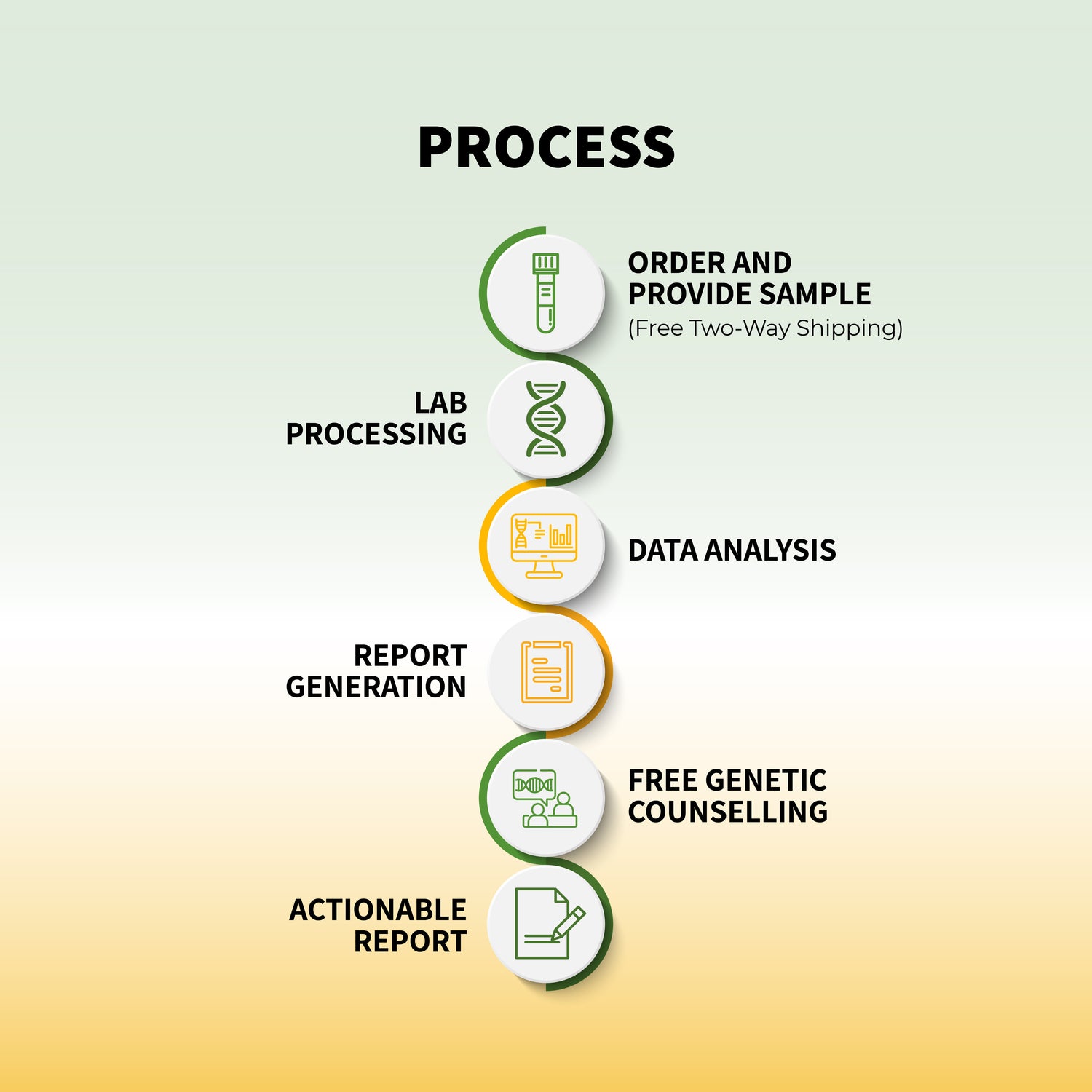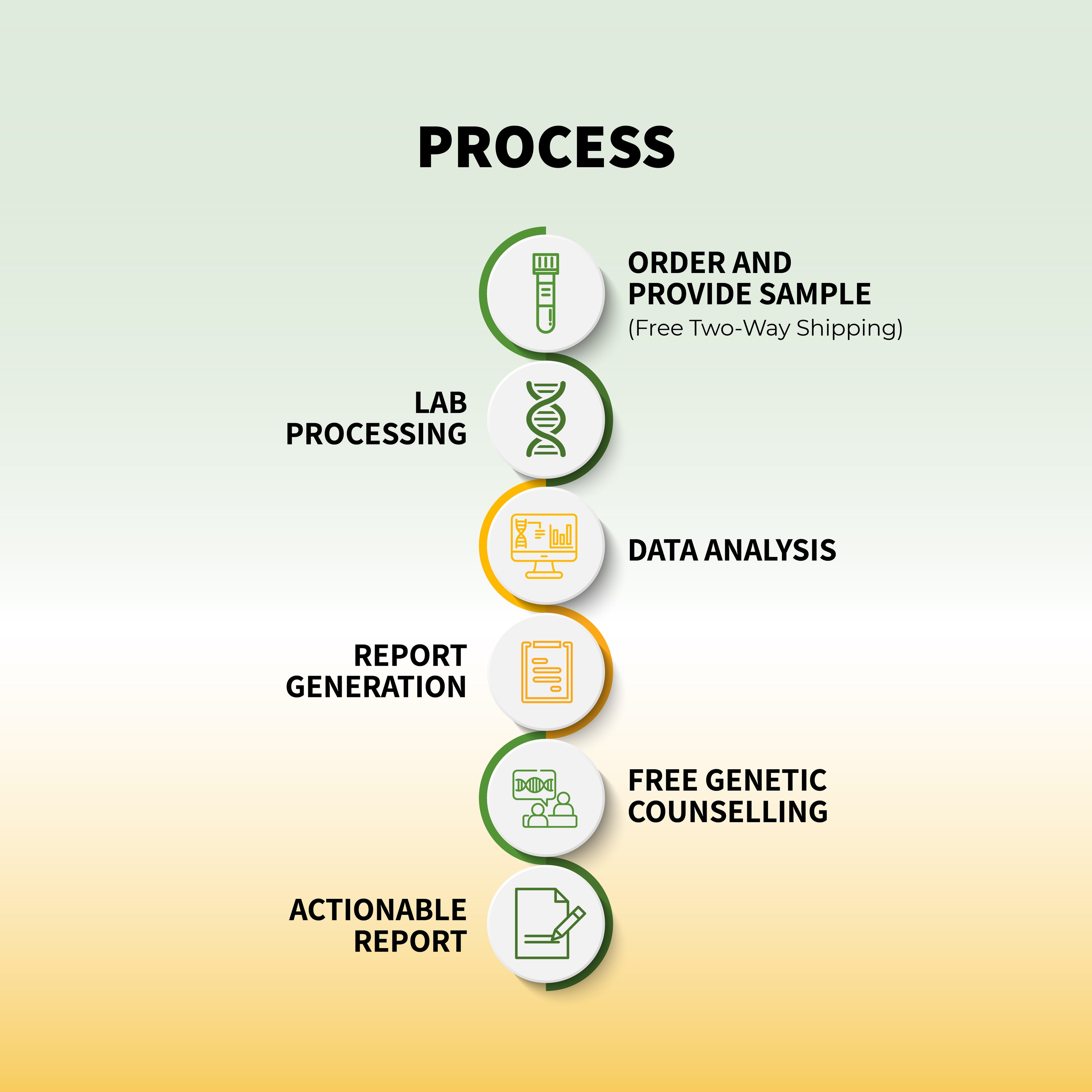Breathing Easy Comes at a Cost
India's escalating air pollution crisis isn't just an environmental concern—it's increasingly becoming a financial one. With cities like Delhi frequently topping global pollution charts, the health implications are severe, leading to a surge in respiratory and cardiovascular ailments. This uptick in pollution-related health issues is now influencing the health insurance landscape, with insurers considering premium hikes to offset rising claims.The Health Toll of Air Pollution
Air pollution is a silent killer, contributing to a range of health problems:
-
Respiratory Diseases: Asthma, chronic obstructive pulmonary disease (COPD), and bronchitis cases are on the rise.
-
Cardiovascular Issues: Polluted air increases the risk of heart attacks and strokes.
-
Other Health Concerns: Long-term exposure can lead to diabetes, cognitive decline, and even certain cancers.
According to a joint report by the Boston Consulting Group and Medi Assist, respiratory disease-related claims in Delhi increased by 8.3% between fiscal years 2023 and 2025, the highest rate in the country.
Impact on Health Insurance Premiums
Proposed Premium Hikes
In response to the surge in pollution-related claims, Indian insurers are contemplating a 10% to 15% increase in health insurance premiums, particularly for residents in highly polluted cities like Delhi. This would mark the first time air pollution is directly factored into premium calculations in India.
City-Specific Pricing
Insurers are considering city-specific premium adjustments based on pollution levels. For instance, Delhi's air quality index (AQI) reached a season-high of 491 out of 500 in November 2024, categorizing it as "severe" and affecting even healthy individuals.
Regulatory Hurdles and Industry Response
To implement these changes, insurers must obtain approval from the Insurance Regulatory and Development Authority of India (IRDAI). This involves providing concrete evidence linking air pollution to increased health insurance claims. Insurers like Star Health and ICICI Lombard have indicated that poor air quality could soon become a key factor in setting premiums if pollution levels remain critically high.
Who Bears the Brunt?
The proposed premium hikes could disproportionately affect:
-
Senior Citizens: More susceptible to pollution-related health issues.
-
Children: Developing lungs are more vulnerable.
-
Outdoor Workers: Increased exposure leads to higher health risks.
These groups may find health insurance becoming increasingly unaffordable, exacerbating health disparities.
Navigating the Changing Landscape: Tips for Policyholders
-
Stay Informed: Regularly monitor AQI levels in your area and understand how they might affect your health and insurance premiums.
-
Review Your Policy: Check if your current health insurance covers pollution-related ailments.
-
Consider Riders: Some insurers offer add-ons for pollution-related health risks.
-
Adopt Preventive Measures: Use air purifiers, wear masks, and limit outdoor activities during high pollution periods to reduce health risks.
FAQs About Air Pollution and Health Insurance in India
Q1: Are pollution-related illnesses covered under standard health insurance policies?
A: Many standard policies cover diseases like asthma and COPD, which can be exacerbated by pollution. However, it's essential to review your policy details or consult with your insurer.
Q2: Will all cities in India see a rise in health insurance premiums due to pollution?
A: Currently, the focus is on highly polluted cities like Delhi. However, if other cities experience similar pollution levels and related health claims, insurers may consider premium adjustments there as well.
Q3: How can I protect myself from the health impacts of air pollution?
A: Use air purifiers indoors, wear N95 masks outdoors, stay indoors during peak pollution hours, and maintain a healthy lifestyle to bolster your immune system.
Q4: Are there any government initiatives to address this issue?
A: The government has implemented measures like the National Clean Air Programme (NCAP) aiming to reduce pollution levels. However, the effectiveness and reach of these initiatives vary.
Conclusion: The Road Ahead
Air pollution's impact on health is undeniable, and its influence on health insurance premiums is a testament to the intertwined nature of environmental and financial well-being. As insurers adapt to this new reality, policyholders must stay informed and proactive in safeguarding their health and finances.

















